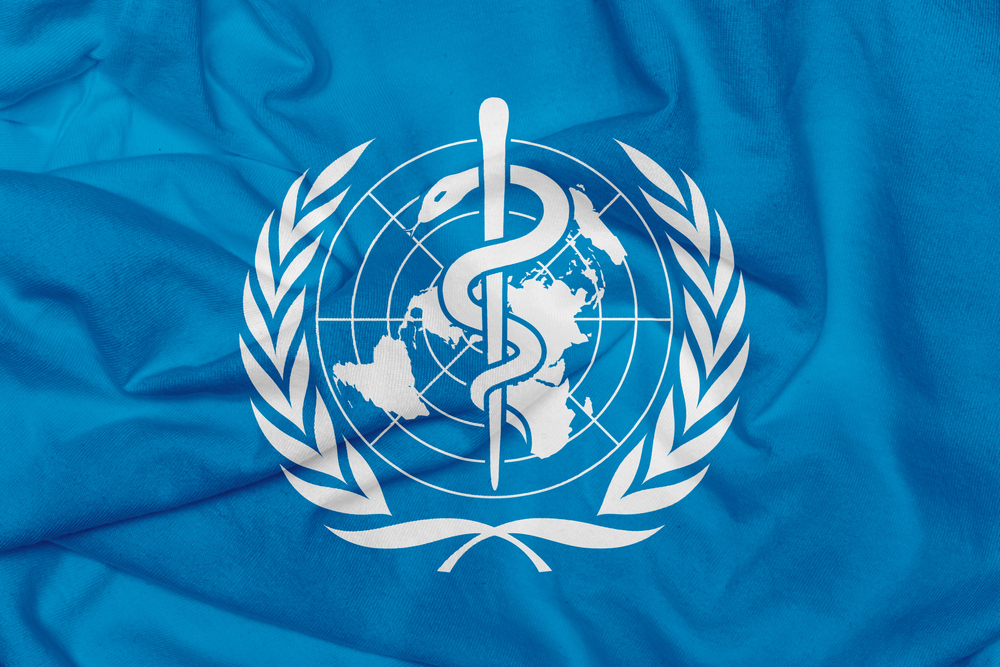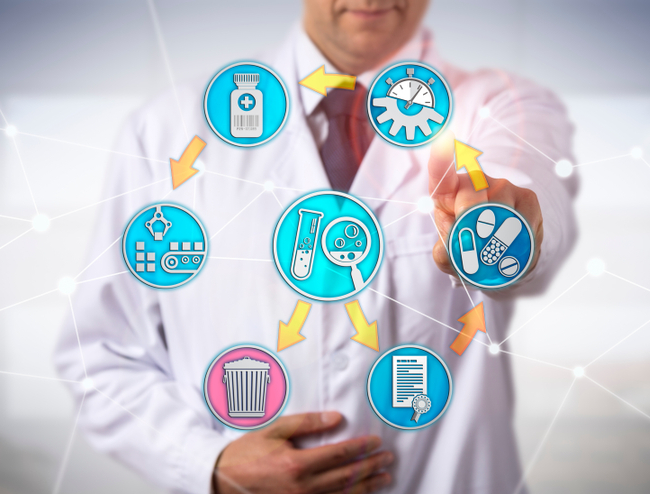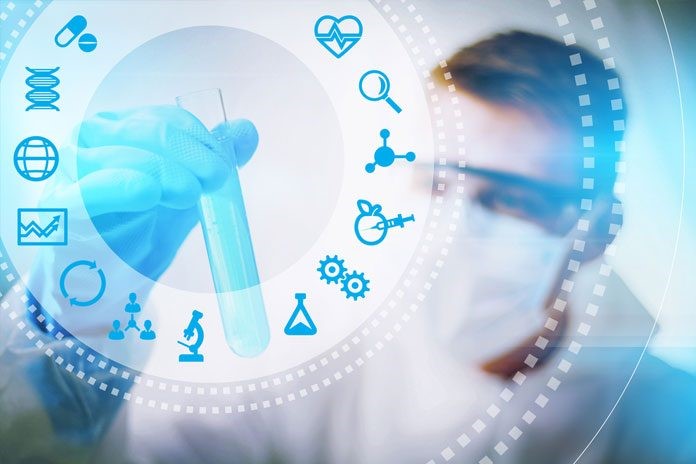Patient safety is the fundamental principle for
Health Well

Introduction
- The World Health Organization (WHO) defines PhV as the science and activities relating to the detection, monitoring, assessment, understanding and prevention of adverse effects or any other drug related problems.
- Information collected during the pre-marketing phase of drug development might not detect rare Adverse Drug Reactions (ADRs).
- The use of a drug during a clinical trial is under controlled conditions, also, limited and selected numbers of patients are enrolled in the clinical trials.
- Drug use in special situations and population or drug interactions may not be studied. Therefore, the post-marketing surveillance of drugs is important.
- Spontaneous ADR reporting, during post-marketing surveillance, has shown to detect AE signals resulting from drug use in the population.
- The withdrawal from the market of certain medicines has focused attention on PhV approaches.
PhV Policy
• Patient Safety is Our Focus
All of our medicines undergo thorough safety monitoring and evaluation processes at every stage of a medicine’s lifecycle.
• Uncompromising Commitment
We are committed to absolute transparency in exposing the benefits and risks of our medicines.
It is important for physicians and patients to stay well informed and alert.
The benefits of a medicine must be weighed against its possible risks, and the decision of prescribing a medicine should be based on patients’ health needs and preferences.
• Our Safety Professionals
Our PhV department safety professionals are responsible for monitoring, identifying, analyzing and reporting potential safety risks associated with the use of Health Well products.


Monitoring System
- During registration procedure all PhV documents will be submitted to EPVC.
• Upon release of the product on the market, physicians, patients, healthcare teams and other caregivers can report side effects and safety concerns.
• All of our employees participate in PhV training, to ensure effective collection of safety data within our organization.
• Health Well will transmit all valid Individual Case Safety Reports (ICSRs) promptly to EPVC after the initial receipt of the information within:
o 15 calendar days (serious ICSR)
o 90 calendar days (non seriousness ICSR)
Additionally,
we take active measures to analyze all collected safety data:
Periodic Safety Update Report – A comprehensive report submitted to the authorities that includes safety data and analysis of risk-benefit profile.
Risk Management Plan – Based on a specific product’s safety profile, Health Well suggests routine/additional activities to monitor, minimize or prevent important identified, potential risks and missing information.
Definitions
• Adverse Event (AE)
An adverse event is any untoward medical occurrence in a patient administered a medicinal product and which does not necessarily have to have a causal relationship with this treatment.
• Adverse Drug Reaction (ADR)
As established by regional regulations, guidance, and practices, concern noxious and unintended responses to a medicinal product. The phrase “responses to a medicinal product” means that a causal relationship between a medicinal product and an adverse event is at least a reasonable possibility.
All spontaneous adverse events (AEs) of marketed products are collected via phone, email, and fax or postal or by clicking on-line “Suspected Adverse Drug Reaction Reporting Form (Individual Case) which is run by the PhV department.
The information in this report is confidential and totally protected including both the patient and reporter identity.
Enough information will help us to evaluate the safety of our Products in the market.


